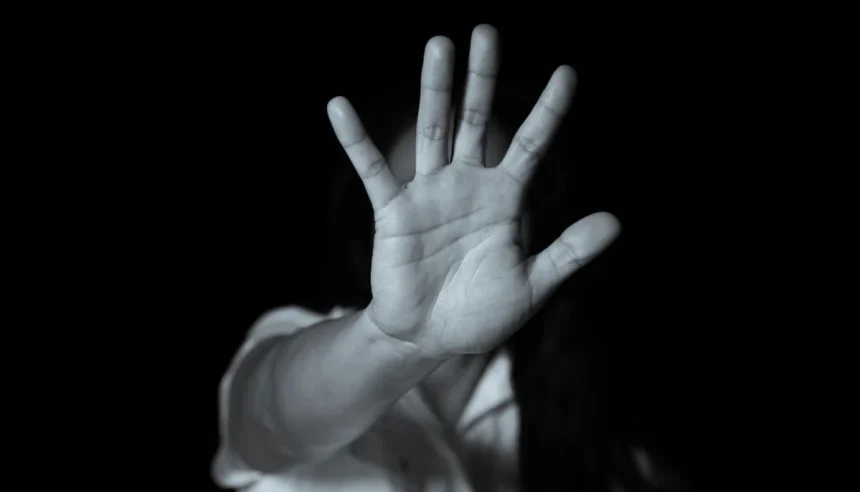Sitting across from her lawyer in the quiet confines of a busy legal practice, Amrita’s eyes convey a turbulent mixture of feelings, including dread, perplexity, and simmering rage. Her lawyer is probing gently but firmly into the depths of her agony, and there’s a tangible weight to her decision.
“Maybe the smack by itself is the cause? What is the fundamental problem? “Family issues?” her attorney asks.
With a resigned whisper, Amrita replies, “No.”
A stark reality becomes apparent as the line of inquiry continues deeper, seeking to unravel the intricate web of feelings and experiences that precipitated Amrita’s decision to file for divorce from her spouse. With every hesitating response, a powerful portrait of a woman caught in an abusive cycle and unable to speak up for herself is painted.This sequence, which is eerily reminiscent of a suspenseful courtroom drama, originates from the raw emotion depicted in the Indian film “Thappad,” a story that innumerable Pakistani women who have suffered physical abuse at the hands of their intimate relationships can relate to strongly.







